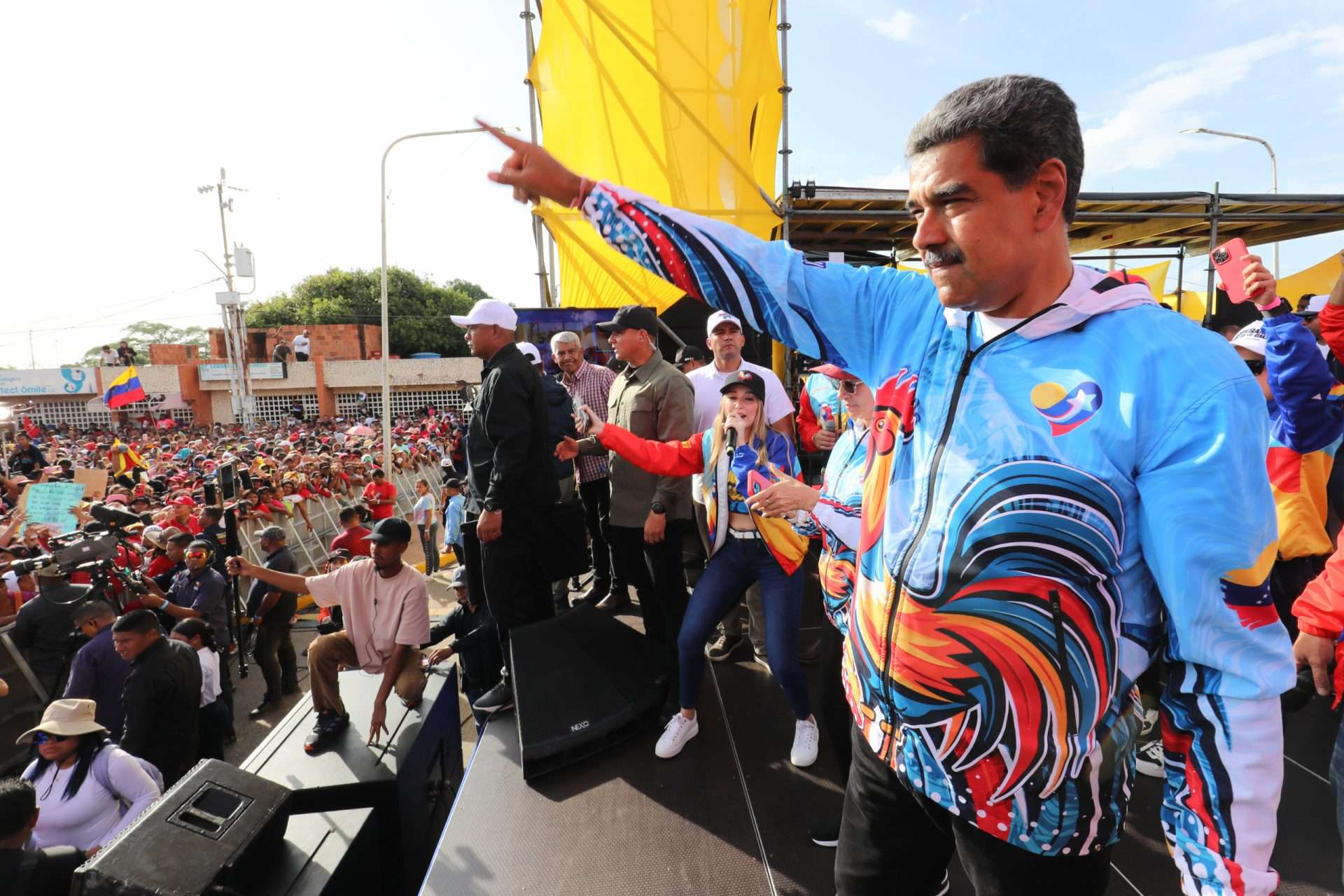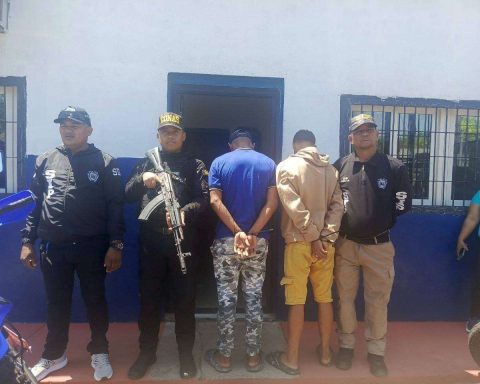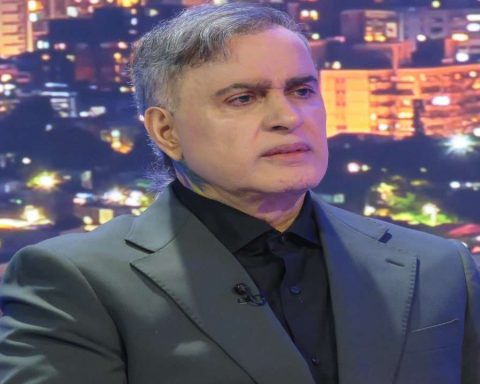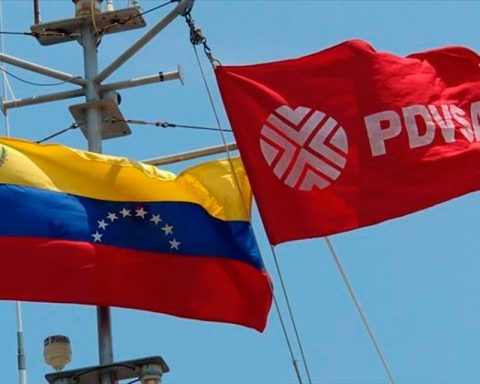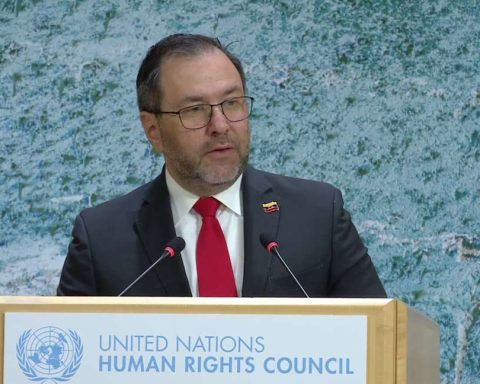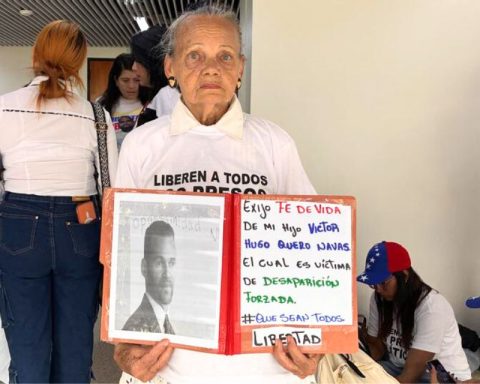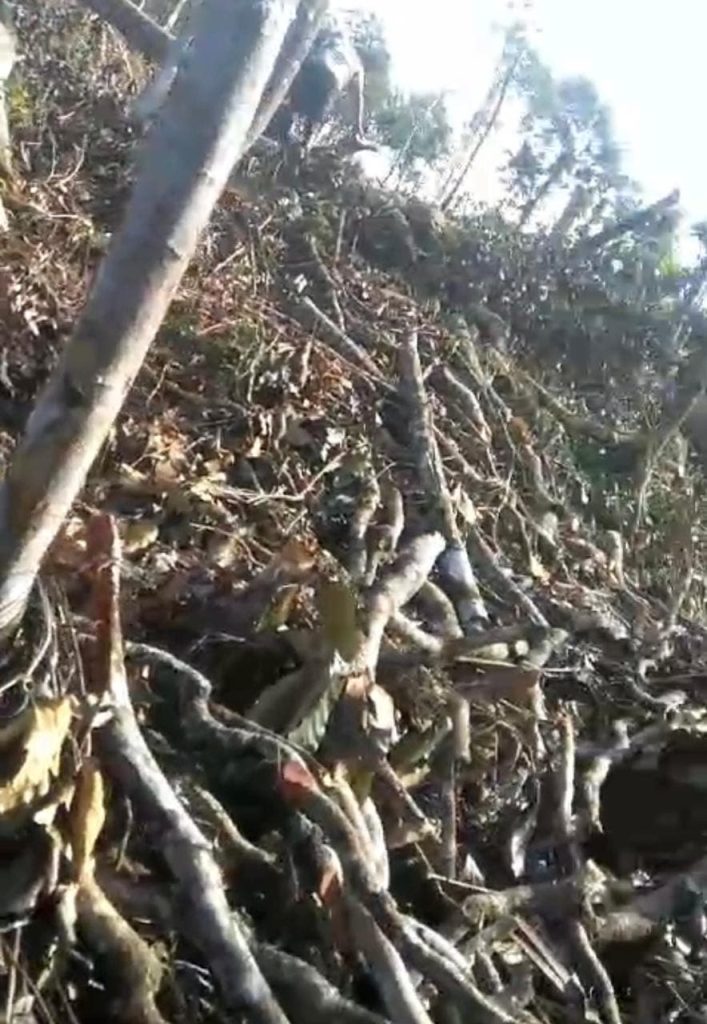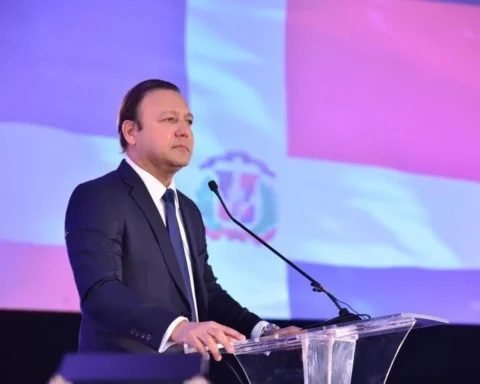A study by the Center for Measurement and Interpretation of Statistical Data (CMIDE 50.1), conducted between July 1 and 4, 2024, establishes that the candidate for reelection for the Gran Polo Patriótico, Nicolás Maduro Moros, would win the next presidential elections on July 28, with 53% of the votes.
The study states that there is a “very high probability” that the president will win re-election, after an evaluation made in a population of 1,200 people, all of them registered in the Electoral Registry, chosen randomly in different regions of the country and from different social strata.
According to the results of this study, the sample has a reliability rate of 90% and a margin of error of between 1.03% and 2.37%.

The results of the study also show that there is a willingness to vote of 52%, against 9% who say they might vote and 32% who say they will not participate. 7% responded that they do not know yet. Of this group, 56.8% say they will vote for Nicolás Maduro, while 14% will vote for Edmundo González. In third place would be Luis Eduardo Martínez, with only 4%, closely followed by Antonio Ecarri, with 3.2% and the rest of the candidates with less than 1%.
Asked who they think will win the election, 76% agree that Nicolás Maduro will win, while 13% say the opposition will win. 11% do not know or did not respond.


The CMIDE 50.1 study reflects that a resounding 80% believe that Nicolás Maduro guarantees the continuation of peace in the country, while 15% say that the opposition can sustain national peace.
It also reflects that the trend between May and July shows that the only candidate who has been growing in voting intention is Nicolás Maduro, while Edmundo González has been declining, while support for the other candidates has remained stable.
CMIDE 50.1 Analysis
Among the predictions made by the firm, following the study carried out earlier this month, it states that there is a “very high probability that President Nicolás Maduro will win the June 28 elections with more than 53% of the votes,” so there is also “a very high probability that the results will not be polarized.”
On the other hand, the study found that participation may not exceed 65%, which is still very high for a presidential election, taking into account participation in this type of election in the region.
With just over a week to go before the elections, the firm says it is unlikely that trends will be reversed in such a short time.
